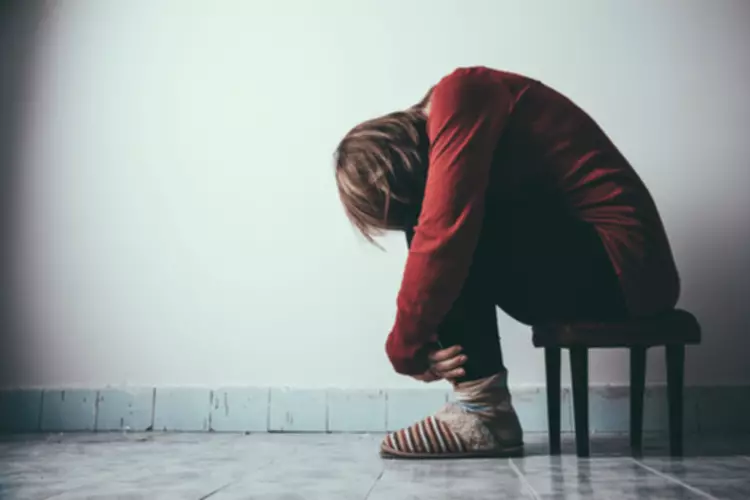Content
- Top doctors in ,
- Opioid Pain Medications
- Alcohol and Prescription Drug Misuse Among Older Adults – DHS 4637
- What are possible side effects of medicines to treat alcohol use disorder?
- Herbal Medicines and Alcohol
- Who is at risk for alcohol use disorder?
- Types of Prescription Pain Pills
- Struggling With Alcohol? Medication May be Able to Help
In 2014, it was reported that just over 16 percent of American women ages 15 to 44 years use a birth control pill. Birth control pills are a common, highly effective type of contraception. They contain man-made Alcohol and Pills forms of hormones that change the level of estrogen in your body to help prevent ovulation. If you become sick from drinking and vomit within two hours of taking your pill, your body might not absorb the pill.

According to the CDC, about two-thirds of American adults over age 18 at least occasionally use alcohol. Of these, about 51% are current regular drinkers (defined as at least 12 drinks in the past year), and about 13% are infrequent drinkers (defined as up to 11 drinks in the past year). It’s important that you don’t mix alcohol with any of the following medications.
Top doctors in ,
A person who abuses alcohol has a greater risk of using at least one other substance, such as marijuana, cocaine and heroin. Prolonged consumption of drugs and alcohol increases your tolerance, therefore requiring more of the substance to achieve the same desirable effects. But, depending on https://ecosoberhouse.com/ the medication you take and the amount of alcohol you drink, the combination could lead to dangerous interactions. “A drink every now and then is okay with some medications,” said Georgina Rubal-Peace, director of the medication use policy for Banner Population Health Pharmacy Solutions.
More intense side effects mean you might be more impaired after having one drink than you would typically be. Disorders surrounding alcohol or substance abuse should not be self-treated. A specialized drug and alcohol treatment center will be able to help you through every step of the recovery process, giving you the greatest chance for lasting recovery. Contact a treatment provider to find out more about your recovery options. Naltrexone, an antagonist of opioid receptors in the brain, is a prescription medication that is available in oral (Revia) and long-acting injectable (Vivitrol) formulations.
Opioid Pain Medications
With the risk of long-term organ damage and a host of short-term side effects, it is best to avoid combining alcohol and prescription drugs, especially in excess. It is extremely important to take prescription drugs according to your doctor’s instructions, and for many prescription medicines, this means avoiding alcohol. Abusing prescription drugs can lead to addiction, and adding alcohol can increase the risk of severe side effects, chronic health problems, and an overdose on this mixture.
- Mixing anti-anxiety and epilepsy medications with alcoholic beverages can cause slowed breathing, impaired motor control, abnormal behavior, and memory loss.
- In each case, apremilast reduced drinking among a variety of models predisposed to mild to heavy alcohol use.
- Get started by speaking with one of our compassionate treatment specialists.
Because the incidence of chronic conditions increases with age, older Americans are especially likely to take prescription medications — often as many as 10 per day — many of which likely react adversely with alcohol. The latest research indicates that alcohol consumption increases risks for more than 200 health problems, including heart disease, liver disease, depression, anxiety, stroke and cancer. And experts stress that those increased risks are incurred at every level of consumption — from a drink or two a day to heavier habits.
